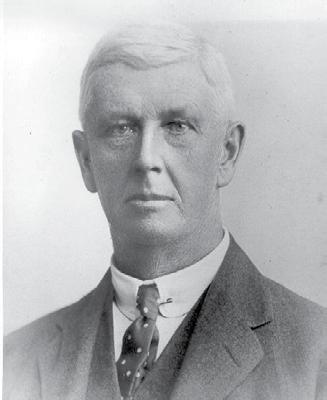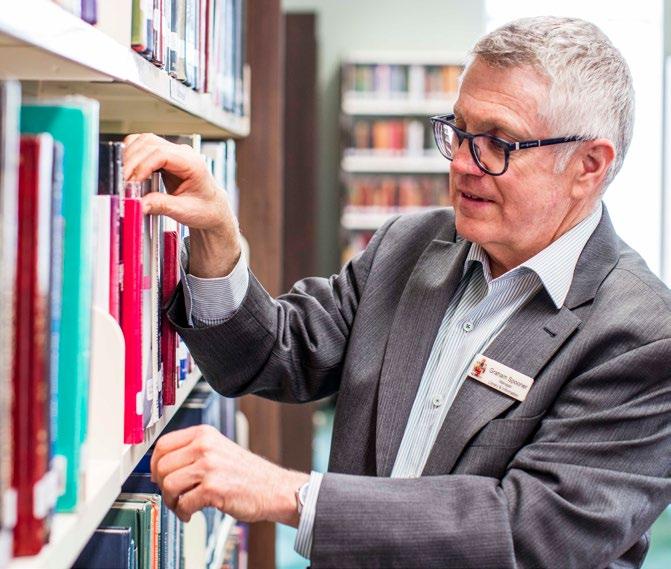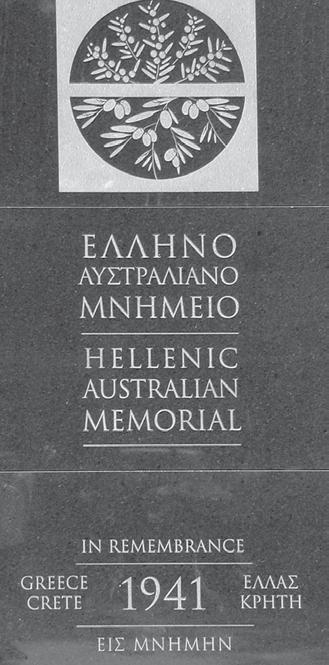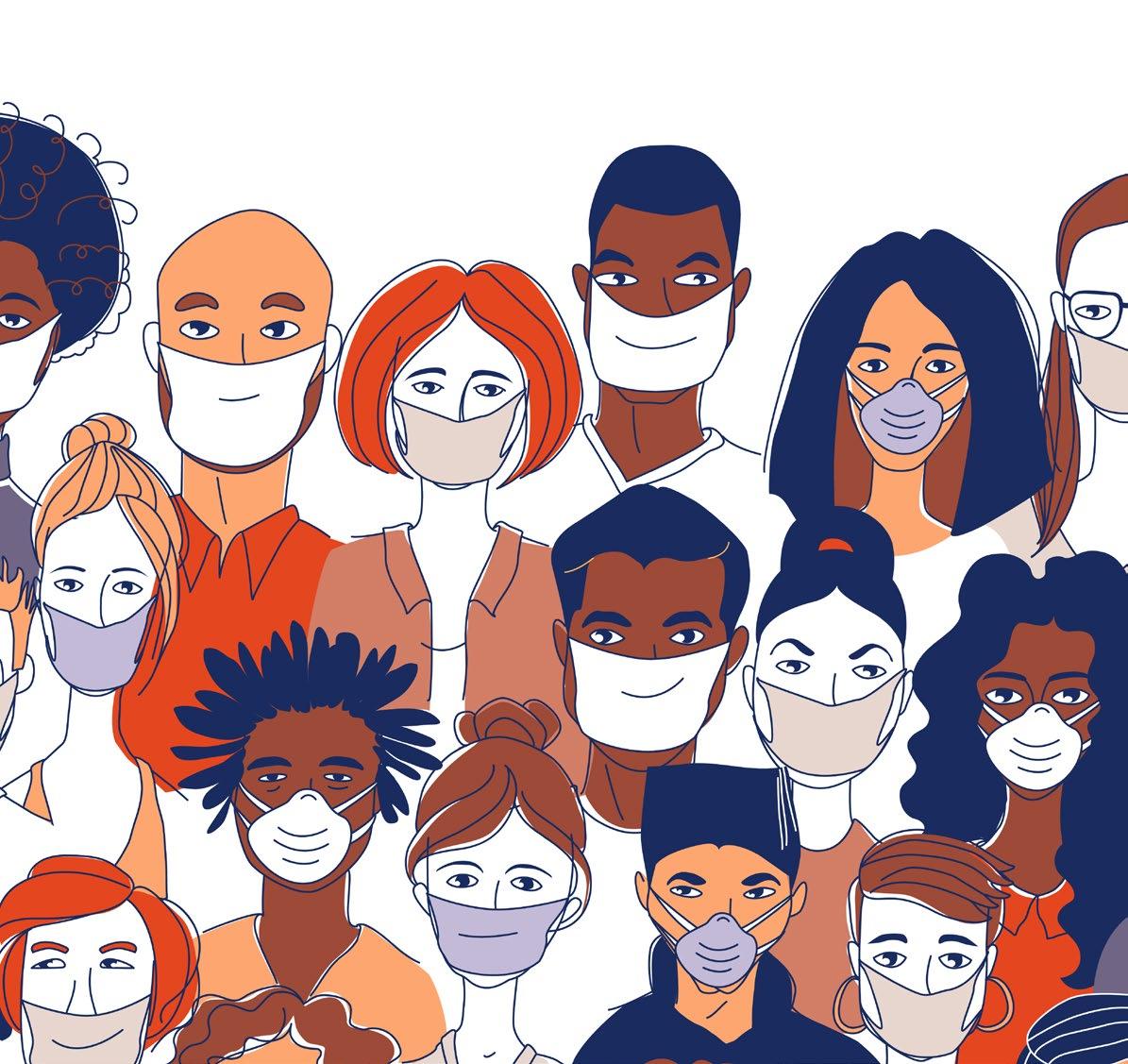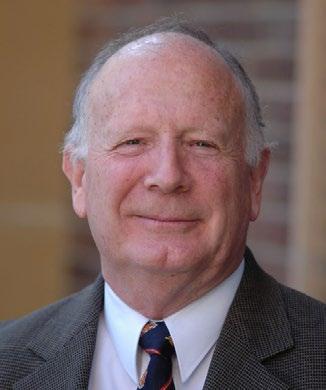
8 minute read
RACS weighs in on elections
RACS weighs in on elections across Australia
Status quo remains in the Northern Territory
Advertisement
Despite a reduced majority, the Gunner Government has been comfortably returned for a second term in the Northern Territory (NT) following the 22 August territory election. Before this election, Royal Australasian College of Surgeons (RACS) identified a series of questions for each party to consider and respond to, which were focused around four main priorities. These priorities were infrastructure and resourcing investment, addressing climate change, reducing alcohol-related harm, and reducing the rate and impacts of family and domestic violence. The state Government’s response outlined a range of policy proposals across each of these areas. Crucially, for NT surgeons, this included a commitment to keeping the highly successful alcohol harm reduction legislation that has significantly reduced the number of violent alcohol-fuelled assaults across the territory. The Hon. Natasha Fyles has been returned as the Minister for Health. We congratulate Ms Fyles on her re-election, and we hope to continue the productive working relationship that we have developed with her over the past four years. We also look forward to meeting with Mr Bill Yan, the Opposition Health Spokesperson. The full RACS NT election statement can be found on our website, as can responses from the Government and the Opposition. While the election may be over, the key issues for NT surgeons remain, and we will continue to advocate strongly in these areas. Over the next four years the committee will work with both the Government and Opposition to progress issues of public health that affect so many in our community. Mr Mahiban Thomas, Chair Northern Territory Committee Greater regional support and quad bike action among the priorities in lead up to Queensland election
As Queensland prepares for its state election, the RACS state committee has sent an election statement to all major political parties, requesting they detail plans for how they will lead the COVID-19 recovery and, in particular, how they will support regional and rural services. “In contemplating and planning a recovery strategy for surgical services, Queensland Health should not merely return to the status quo, but should take the opportunity to develop a ‘new normal’, with new models of care, and to grow meaningful partnerships between tertiary hospitals and remote, rural and regional facilities to better serve patients’ needs,” RACS Queensland Chair Professor Deborah Bailey said. “The Government has previously backed a Support our Surgical Services (SOSS) program aimed at strengthening and safeguarding the provision of specialist surgical services by supporting staff in rural, regional and remote hospitals across Queensland. “The pandemic has highlighted the need to find better ways of integrating isolated areas, improving equity and access to care and allowing patients to receive care closer to their homes. Despite the tough economic circumstances, now more than ever is the time to invest in programs such as SOSS.” The election statement also highlighted a recent report from the Australian Competition and Consumer Commission, showing that quad bike deaths have almost doubled in Australia in the first six months of 2020 compared with the same time in 2019 (14 deaths compared to eight in 2019). In particular, the report singled out Queensland’s unenviable record of having a much higher fatality rate than any other jurisdiction. Since 2011, the state has accounted for almost a third of all quad bike deaths nationally and, alarmingly, half of Australia’s quad bike deaths in 2020 have occurred in Queensland. RACS Queensland Trauma Committee Chair Dr Matthew Hope said it was important the new national standards help reduce deaths and injuries, but emphasised that the next government must play a key role in ensuring ongoing policy development and educational awareness campaigns reach the community. Dr Hope said that “2020 has been a horror year for Queensland. While the newly introduced laws will go some way to reducing the risks, they are being phased in over a two-year period and many of the changes are more than 12 months away. Furthermore, the changes do not apply to older quad bikes already in operation, so we need to make it very clear just how dangerous these quad bikes are.” “We know that quad bike accidents tend to affect regional communities in much higher numbers, so we would like to see leadership from our next government in promoting public awareness in regional communities, particularly the dangers that adult-sized quad bikes pose to children,” Dr Hope added. “Kids and quad bikes are a toxic mix. Protecting them from the inherent instability of adult-sized quad bikes and achieving compliance with manufacturers’ warnings against the carriage of children will remain a significant challenge while the reforms take time to be implemented,” Dr Hope said. “We cannot continue on our current trajectory. That is why we are looking
for all political parties to demonstrate leadership in this area and to detail their plans to eliminate these types of tragic incidents in Queensland.” Australian Capital Territory election priorities included the SPIRE hospital building, workplace culture and alcohol related harm
In October we wrote to all contesting political parties in the Australian Capital Territory (ACT) seeking responses to a number of critical issues for ACT surgeons. Among the concerns raised was that the new SPIRE building to be constructed as part of the Canberra Hospital expansion risks being too small. RACS ACT Chair Professor Paul Smith said that it was important all political parties were aware of clinical concerns, and given the opportunity to address them before the election on 17 October 2020. Professor Smith noted there were predictions from clinicians that the proposed building would not be big enough and that there would not be enough operating theatres for the required number of operations by the time of completion. The current plans didn’t indicate how emergency situations in other parts of the hospital (i.e. maternity ward) would have direct access to the new building and emergency operating theatres. Professor Smith welcomed the state Government’s investment in the health system but stressed the importance of future-proofing the proposed SPIRE building so that it could support the ACT’s steadily growing population. RACS ACT has been advocating for some time for the ACT Government to commit to providing a permanent space that would encompass state-of-the-art facilities for all medical professions. It would be used for education, training and practising skills and would put ACT on the map as a desired place for Trainees to come and stay following transition into Fellowship. The concerns about SPIRE were raised as part of the RACS ACT Committee’s election statement, which had been sent to all political parties. In total, RACS requested that each political party provide responses to 19 key questions. Another key issue outlined in the statement was the need to improve the culture within the ACT health system. This followed the release of the Independent Review into the Workplace Culture within ACT Public Health Services in 2019. The findings of the review identified several cultural issues within the ACT health system and made 20 recommendations for improvement. Professor Smith also used the election statement to urge the next ACT government to take a tougher stance on alcohol harm minimisation policies. He noted that a 2019 alcohol policy scorecard awarded the ACT a ‘Fail’ for policy efforts to reduce alcohol-related harm, and called for stronger leadership and a clear strategy to reduce the effects of alcohol-related harm across the state.
Friday 6 November 2020
Guidelines for Abstracts: Abstracts must not exceed 250 words. All abstracts must be typed, single spaced, with a clear typeface. Title should be in capitals and underlined, and placed at the top of the abstract. Author’s name should be in capitals, with the name of the presenter indicated by an asterisk (*). Degrees and positions in departments should not be included, but the origin of the work should be stated. The abstract must be clear and brief. Statements should, in general, be impersonal and the first person “I” and “We” avoided. The abstracts will be presented at the meeting as a Power Point presentation.
The abstract should be organized as follows:• 1. Purpose of study • 2. A brief statement of methods • 3. A summary of the results adequate to support conclusions • 4. Conclusion
Important Dates: 4 September 2020 18 September 2020 6 November 2020 Closing date for abstracts Notification of acceptance Submission of presentation
Submit abstract to college.sa@surgeons.org
Followed by the South Australian Annual Dinner & Anstey Giles Lecture
The Sanctuary, Adelaide Zoo Winners of the RP Jepson Medal & Justin Miller Prize will be awarded at the Annual Dinner

Friday 6 November 2020 6:30pm for 7pm RSVP: 20 October 2020 Dress: Lounge suit Sanctuary, Adelaide Zoo Sir Henry Newland Award recipients $160 pp 2020 Adjunct Prof Franklin Bridgewater AOM and Prof Peter Reilly AO to be awarded at the dinner Anstey Giles Lecture Natasha Stott Despoja AO presented by “The Shadow Pandemic - inequality and violence”
Natasha Stott Despoja AO is a multi-awarded role model and leader for the rights of girls and women • Founding Chair of Our Watch (Foundation to • In May 2018, was named one of the Top 100
Prevent Violence Against Women and their Global Influencers on Gender Policy
Children) • Member of Board Agenda 50:50 by 2030 • Australia’s Global Ambassador for Women and Advisory Group • Girls (2013-2016) Author of On Violence (MUP, 2019) • Member of the UN High Level Working Group on the Health and Human Rights of Women, • Served on World Bank Gender Advisory Council Children and Adolescents
Dinner will be preceded by the R P Jepson Medal & Justin Miller Prize Presentations and the winners announced at dinner Register at https://surgeons.eventsair.com/saad20/onlinebooking

Telephone: 08 8239 1000 Email: college.sa@surgeons.org Website: www.surgeons.org

